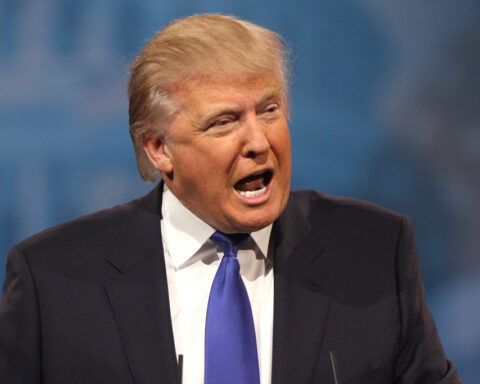Germany, the largest economy in Europe and the fourth largest in the world after the US, China, and Japan, has officially entered a recession following a second quarter of a shrinking economy, the Wall Street Journal reports. High inflation on food and energy, driven largely by the war in Ukraine, was the main culprit for a shrinking economy. The European Central Bank has also been raising its interest rates, further harming economic growth in order to prevent runaway inflation.
Germany’s large economy makes it a keystone of Europe, despite its defense spending and military capabilities which are dwarves by other European nations such as France, Britain, and soon Poland. A recession in Germany would have a major ripple effect on other Eurozone members’s economies, which would also have some consequences on the American economy.
Germany’s over reliance on Russian energy had been a concern for decades. President Trump even highlighted this dangerous policy at the UN, being dismissed by a laughing German delegation. With its self imposed Green energy goals, Germany has been shedding all of its efficient energy sources. Unlike France, it refuses to use clean and efficient nuclear energy, in favor of returning to coal.








